what happened to indians during kuwait iraq war
Messed Up Things That Happened During The Gulf War
Warfare is often an incredibly messed up affair, and the Gulf State of war is no exception. Also known in the U.s. as Operation Desert Storm, the Gulf State of war started when Republic of iraq invaded Kuwait on August ii, 1990. While there are a number of causes that tin be attributed to the start of the Gulf State of war, oil was past and big one of the most cardinal problems of the disharmonize.
Republic of iraq was given a deadline of January 15, 1991, to pull out of Kuwait, and when they showed no intention of withdrawing, the United States started their air offensive. By the time footing troops from the US-led coalition started their offensive, Iraqi troops had already begun to retreat, and the ground war lasted less than a week.
Despite the fact that the war was insufficiently shorter than most, countless atrocities were perpetrated by both sides. Some consequences of the Gulf War, such equally Saudi arabia allowing US troops to maintain a presence in the country, would ripple out and lead to further conflict in the following decades. Every bit a outcome of more than contempo conflicts in the region, the Gulf War is oft overlooked. However, its horrors continue to haunt its victims to this solar day. These are some of the messed upwards things that happened during the Gulf War.
The U.s.a. provoked Iraq
Although the cause of the Gulf War is attributed to Saddam Hussein's invasion and occupation of Kuwait, the seeds of the state of war were sown long before the first troops marched into Kuwait. According to the International War Crimes Tribunal, the United States had a pattern of instigation, intending to provoke events that could justify US involvement.
As reported past Reuters, OPEC was already concerned about State of kuwait's backlog oil output in 1989. Despite the quotas instituted by OPEC, Kuwait decided to be in accuse of their ain oil product and began producing upwards of two one thousand thousand barrels per day. Due to this overproduction, Iraq was unable to recover lost revenue from the years spent at war with Iran. When asked by Iraq to subtract their oil production, Kuwait refused, which was seen by Iraq equally an act of aggression.
Meanwhile, the Us was aware of these disputes and was benefiting from the falling price of oil, and although the Bush administration was warned that aid to Iraq was being used to buy weapons, they continued to supply Iraq with help and loan guarantees. Right before the invasion, Saddam Hussein asked US administrator April Glaspie what the Us' opinion on Iraq's merits to Kuwait was. Glaspie replied that, "Nosotros take no opinion on your Arab-Arab conflicts [...] the State of kuwait consequence is non associated with America." While Glaspie would after say that the United States never thought Iraq would invade State of kuwait, information technology seems that they did piddling to dissuade Republic of iraq.
Assault by bulldozer
On February 25, 1991, three days before the Gulf War would be declared over, the The states engaged in what would become known as the "bulldozer assault." In society to pause through the Iraqis' defensive line, the US Army mounted plows onto their tanks to bulldoze over the trenches and bunkers. According to The Seattle Times, more than 70 miles of trenches were initially existence dedicated by more than viii,000 Iraqi soldiers. In the end, around ii,000 soldiers surrendered, and the rest had been cached, alive and dead, under the sand.
Co-ordinate to war correspondent Leon Daniel, when he arrived at the scene, information technology was noticeably different from other battlefields that he had encountered during the Gulf War, without any of the horrid smells typically associated with warfare. When he asked an Ground forces major, "Where are the bodies?" the major simply replied, "What bodies?" The performance had as well patently been rehearsed, with the U.s.a. Army practicing multiple times on a ane-mile trench.
Colonel Lon Maggart estimated that around 650 Iraqi soldiers had been cached, while Secretarial assistant of Defence force Dick Cheney best-selling that at least 450 expressionless soldiers were cached during the war. With at to the lowest degree six,000 soldiers missing, Colonel Anthony Moreno came closest in his estimation, admitting that, "For all I know, we could have killed thousands."
The highway of expiry
When Iraqi troops invaded Kuwait, they went downwardly Highway 80. They used the same highway to retreat, and information technology was during this retreat that the highway gained its notoriety as the "Highway of Death." According to Atlas Obscura, every bit Iraqi troops began withdrawing from Kuwait on February 27, 1991, a US-led coalition began bombing the front and back of the armed forces convoy, finer keeping the troops trapped on the highway. It became a tragic irony that troops intended to drive Iraqi forces out of Kuwait concluded upwards keeping them from leaving.
Iraqi troops had been given the gild to leave on February 25 when Baghdad radio appear that a stop-fire proposal had been accepted. The following 24-hour interval, Saddam Hussein reiterated the orders, stating that troops had already begun to withdraw. President George H.Westward. Bush repeatedly called these claims a hoax, insisting that Iraqi soldiers were continuing to fight and that the war must go on.
Despite the apparent withdrawal, the US-led coalition began airstrikes during the night, dropping bombs indiscriminately. War machine vehicles were striking, as were cars, buses, and trucks that belonged to Palestinian and Iraqi civilians, and casualties numbered over ane,000. Co-ordinate to The Washington Post, the massacre became the focus of a PR campaign as the United States sought to justify what was essentially a violation of the Geneva Conventions, which states that attacking soldiers who are withdrawing is a war offense.
An intentional oil spill
The globe had already witnessed a catastrophic oil spill in 1989, after the Exxon Valdez supertanker accidentally hit a reef and spilled 11 million gallons of oil off the declension of Alaska. Less than two years afterwards, the globe watched as the ending of an oil spill was harnessed every bit a weapon. During the Gulf War, Republic of iraq is said to take released two to ten one thousand thousand barrels of oil into the Persian Gulf.
According to the Chicago Tribune, the spill threatened various water desalination plants in both Saudi Arabia and Kuwait, and some speculated that the oil was meant to forestall any landing by U.s.-led coalition forces. And according to the Saint Louis-Warsaw Transatlantic Law Journal, these actions by Iraqi soldiers are considered war crimes due to their environmental devastation and pollution of water sources.
In 2005, the International Oil Spill Conference published a written report regarding the effects of the oil spill, challenge that the intentional spill continues to accept toxic effects on the expanse. Estimates say that millions of cubic meters of oil remain on the shoreline, and ecological recovery remains depression, specially in areas with little moving ridge activity, which results in cached and stagnant oil.
Setting burn to oil wells
While Kuwaiti oil wells had already been targeted during the state of war, in the conflict's final days, Iraqi soldiers amped up their set on, resulting in roughly 600 oil wells being fix on burn down, some of which would continue to burn down for many months subsequently.
The burning of the wells was office of Saddam Hussein's scorched globe policy, planning to leave nothing in his wake equally his soldiers literally scorched the globe. According to The Gulf State of war Aftermath, between ane.2 and 7.five million barrels burned per day, with a full emission of over one billion barrels of crude oil. This afflicted not only Kuwaiti oil production but besides had devastating wellness and environmental effects.
Even after the fires were extinguished, at that place were hundreds of oil lakes remaining since some of the wellheads had gushed without igniting. These lakes threatened migrating birds besides fresh h2o sources, with one report challenge that the oil lakes covered 60 percent of the desert. There was also a bang-up bargain of soot and oil in the sky. Due to the polluted air, outbreaks of respiratory and pare disorders began to afflict the local population, and hundreds of animals died as a result of animate the oily air. And as the soot and oil came to residue on the sand and gravel, they combined to create a layer of "tarcrete" that, co-ordinate to NASA, covers almost five percent of State of kuwait.
Let the bombs fall where they may
During the Gulf War, there was little to no precision, despite the fact that the Pentagon often boasted of their precision bombing. While precision-guided bombs were certainly being used, they only deemed for nearly eight percent of the total tons dropped. This was in stark dissimilarity to President Bush's assurances that the bombing was "fantastically authentic."
The rest of the unguided bombs, co-ordinate to The Washington Post, missed 70 percent of the time. Air Strength general Merrill A. McPeak reported that compared to the 26,363 tons of bombs that hit their targets, 62,137 tons missed. While the notion of unguided bombs missing their targets was hardly new in warfare, it seriously conflicted with how the United states of america was portraying their supposedly technologically advanced and authentic engagement. It was also well-known amongst military officials that the bombs typically didn't hit their targets, equally Full general John M. Loh, caput of the Tactical Air Control, acknowledged that the bombs were used with the noesis that at least one-half would miss.
Unfortunately, this big margin of mistake might help account for the staggeringly loftier civilian death charge per unit that occurred during the Gulf State of war.
Americans died, but not in the state of war
Earlier the Pentagon undertook Operation Desert Storm, printing reports suggested that they were preparing for upwardly of xxx,000 American casualties. Their estimates ended up beingness drastically far off, at to the lowest degree in regards to the cause of decease.
During the Gulf War, fewer than 400 Americans died in the theater of war, with less than half of those deaths being in combat. At the same fourth dimension, the United states of america was in the midst of the HIV/AIDS crisis as deaths increased from the 1980s to the 1990s. According to the CDC, in 1991, almost 30,000 people in the US died from HIV, which averages out to roughly 2,500 a calendar month. This means that during the Gulf War, far more than Americans died from HIV/AIDS than from the conflict itself.
Casualties on the other side were also disproportionate, with estimates ranging from 10,000 to 100,000 Iraqi soldiers killed and 100,000 to 200,000 civilian casualties. These numbers are disputed, since some scholars base of operations their estimates on the number of bodies found, although considering that the U.s.a. used tactics that led to thousands of bodies being buried, like the bulldozer assail, the true number of non-American casualties will never be known.
Gulf War syndrome
Although few Americans died in the war itself, many came dorsum suffering from strange symptoms that became known as Gulf War syndrome. According to the United states Section of Veterans Diplomacy, when soldiers came back from the Gulf War, many suffered from a series of inexplicable chronic symptoms including dizziness, insomnia, joint pain, headaches, fatigue, and respiratory disorders. In 2014, the Institute of Medicine released a written report which stated that approximately 1 third of Gulf State of war veterans suffered from Gulf War syndrome.
According to the BBC, when veterans commencement started reporting symptoms, the authorities claimed that information technology was psychosomatic. While initially speculated to exist a stress-related status like PTSD, research shows that Gulf War veterans take comparatively lower levels of PTSD. Additionally, Gulf War syndrome appears to exist limited to Gulf War veterans, since neither veterans from 1990s Bosnia nor veterans from 2000s Republic of iraq and Afghanistan have shown signs of Gulf War syndrome.
1 theory was that Gulf War syndrome was caused by depleted uranium in tank shells that the troops might accept been exposed to, although this was disproved when information technology turned out that even soldiers with no history of exposure suffered from Gulf War syndrome. Some other theory blamed the smoke from oil well fires, merely the Presidential Advisory Committee on Gulf War Veterans' Illnesses concluded that this was unlikely. An additional theory blames exposure to the pesticides that were being used at the time, which explains a greater majority of the symptoms.
Torture past Iraqi soldiers
During the Gulf State of war, there were multiple reports of torture perpetrated by Iraqi soldiers on Kuwaiti and American prisoners. Co-ordinate to Al Jazeera, resistance fighter Saad Hamdan Sharar al-Khatlan was held in a Kuwaiti zoo for two weeks, where they removed his fingernails and shocked him with electric wires. Some of the torture also took place in Iraq'due south infamous Abu Ghraib prison, though his life was spared when Cerise Cross workers freed him in March 1991.
Kuwait's government minister of state for cabinet diplomacy Abdul Rahman Al-Awadi estimated that during the Gulf War, as many as 20,000 people were taken every bit prisoners to Iraq to serve as slave labor. Doctors would also encounter mutilated corpses with body parts missing, such as eyeballs or even brains. Co-ordinate to the University of Baltimore Law Review, Kuwaiti prisoners and Iraqi civilian detainees suffered abuses ranging from acid baths to gang rapes to torture with electric drills.
American soldiers taken equally POWs also experienced a variety of torture, including beatings and electrocution. According to The Guardian, in 2003, 17 POWs sued Saddam Hussein and were awarded nigh $1 billion in compensatory and punitive amercement for their experiences as prisoners of war. The United States had seized Iraqi assets, and while the POWs assumed that they would pay out the settlement, the Us insisted that the money belonged to the government and would be used on Iraqi reconstruction. The Us would later overturn the decision and toss out the award.
Support for the Gulf War through coercion and blackmail
While the United states-led international coalition during the Gulf War gave the impression that there was worldwide support for war machine intervention, the The states actually got the international customs to abide by the Gulf State of war through coercing them to vote for the UN resolution that would legitimize the conflict.
According to the Institute for Policy Study, the United States was able to gather back up for intervention through a serial of bribes, such as dropping trade sanctions and approving new loans for China, promising the Soviet Matrimony silence on repression in the Baltics, and promising help to Colombia and Zaire. Yemen initially opposed the war, and the U.s.a. threatened to cut off a $70 million-per-twelvemonth assistance package if they voted against the UN resolution. Republic of yemen's assist was cut off when they voted confronting the resolution, while People's republic of china maintained their deal past abstaining from the vote.
While there was support from European allies, the bulk of soldiers on the footing were American, which was demonstrative of the European countries' want to find a solution without military intervention.
Rape in the ranks
During the Gulf State of war, there were many instances of US military personnel being raped by their fellow soldiers. While a majority of the assaults were against women, men also reported sexual assault during their fourth dimension in the Gulf War. According to a study by researchers for the Department of Veterans Affairs, during the Gulf War, eight percent of female person soldiers suffered rape or sexual attack. Another study past the Department of Veterans Affairs that focused on male soldiers found that 0.2 per centum reported sexual assault during the disharmonize, a figure which correlates to the rates of sexual assault reportage among civilians who are men.
According to The Washington Post, US Army records show reports of at least 24 Regular army servicewomen who were sexually assaulted or raped while serving, with the assaults oftentimes being committed by higher-ranking personnel. Few reported cases of rape reached a courtroom-martial, and even when they did later on repeated efforts, like in the case of Jacqueline Ortiz, the rapist was allowed to return to agile duty while awaiting trial.
A promise is not a promise
Toward the cease of the Gulf War, the Bush administration encouraged an uprising in Iraq, stating that it'd be possible for bloodshed to end if "the Iraqi military and the Iraqi people have matters into their own hands to force Saddam Hussein, the dictator, to stride bated." This was taken by many not only to be a phone call for an insurgence but an assurance from the United States that if such a revolution were to occur, there would be assistance from the US. Every bit both Shiite Muslims in the south and Kurdish people in the due north revolted, the Bush administration changed their tune and decided that it was best non to interfere.
When aid didn't come and the uprisings were violently suppressed, the empty promise of the United States was never forgotten. Co-ordinate to the BBC, many felt betrayed by America, which had seemingly appeared to endorse a popular rebellion that would oust Saddam Hussein. The US, meanwhile, would go along to insist that it neither wanted to intervene in the region's affairs nor desired to remove Saddam Hussein from power.
According to Smithsonian Magazine, it's unclear how many Shiites were killed in the uprising, but estimates are in the tens of thousands, with mass graves beingness periodically discovered. Kurdish people also suffered violent repression and displacement, with equally many as two one thousand thousand refugees being forced out of towns and into the mountains.
Source: https://www.grunge.com/224473/messed-up-things-that-happened-during-the-gulf-war/
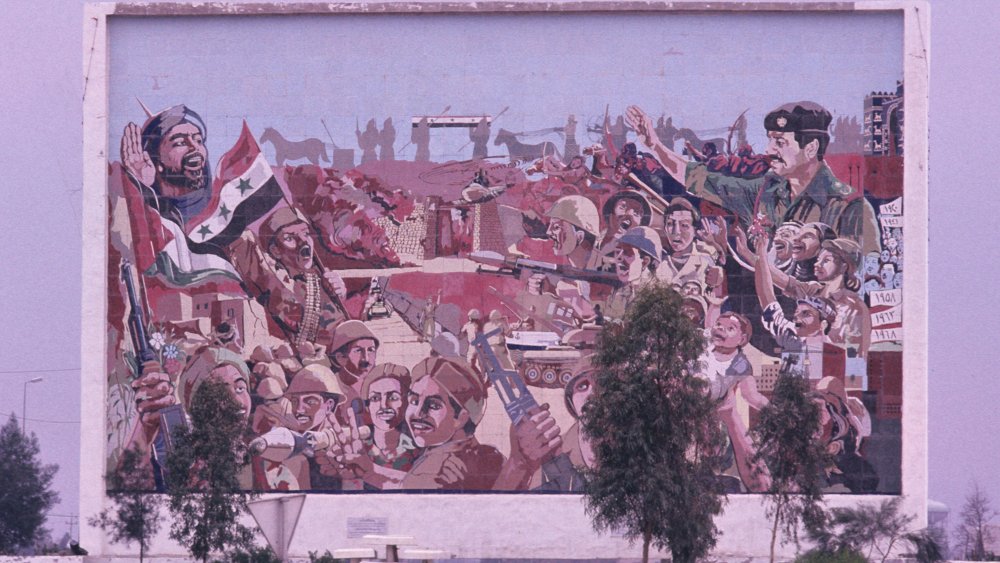
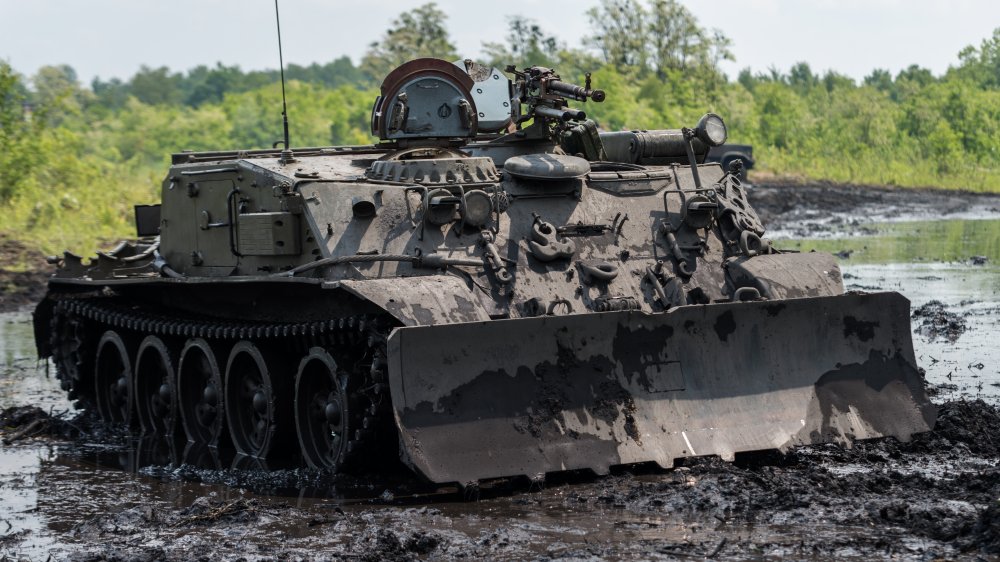
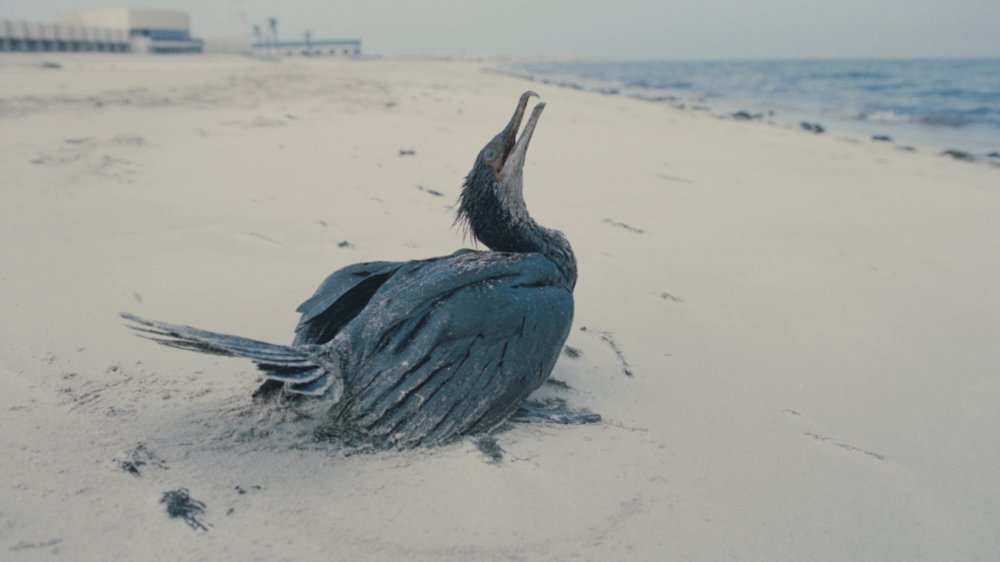
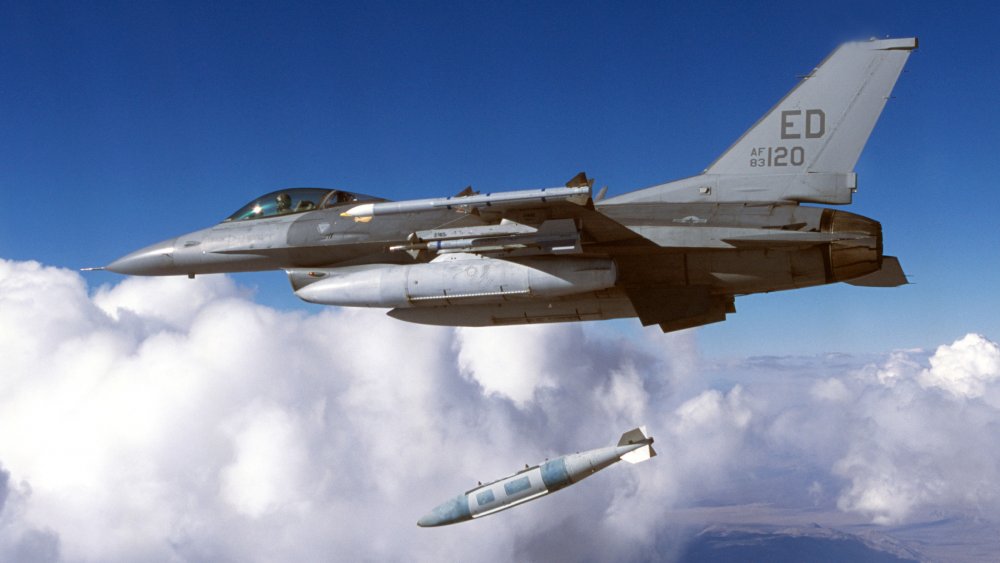
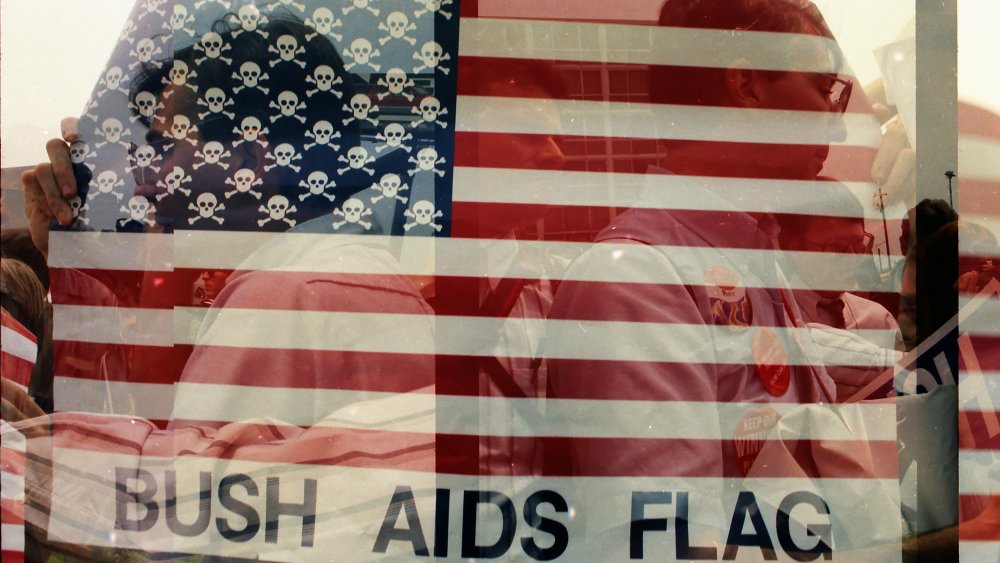
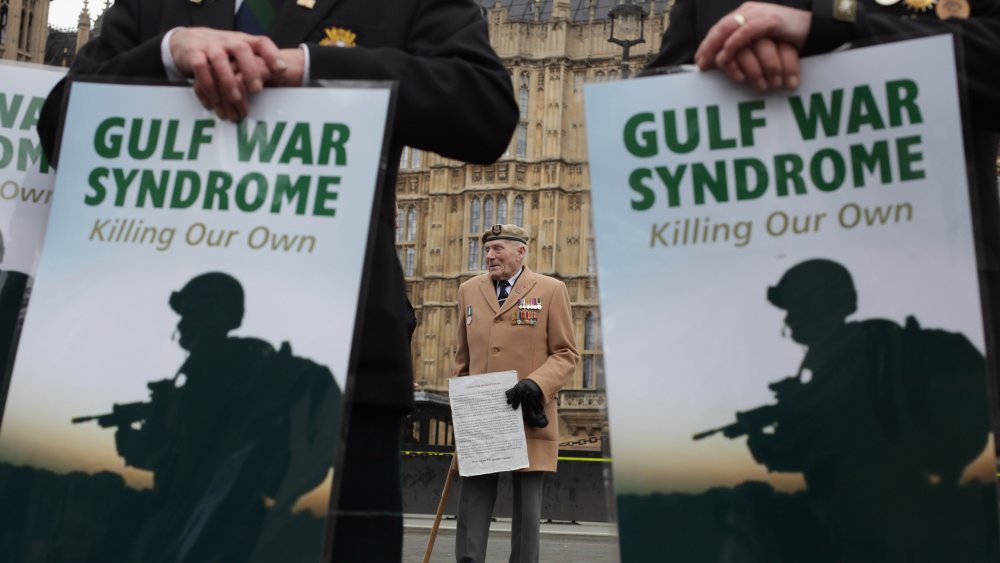
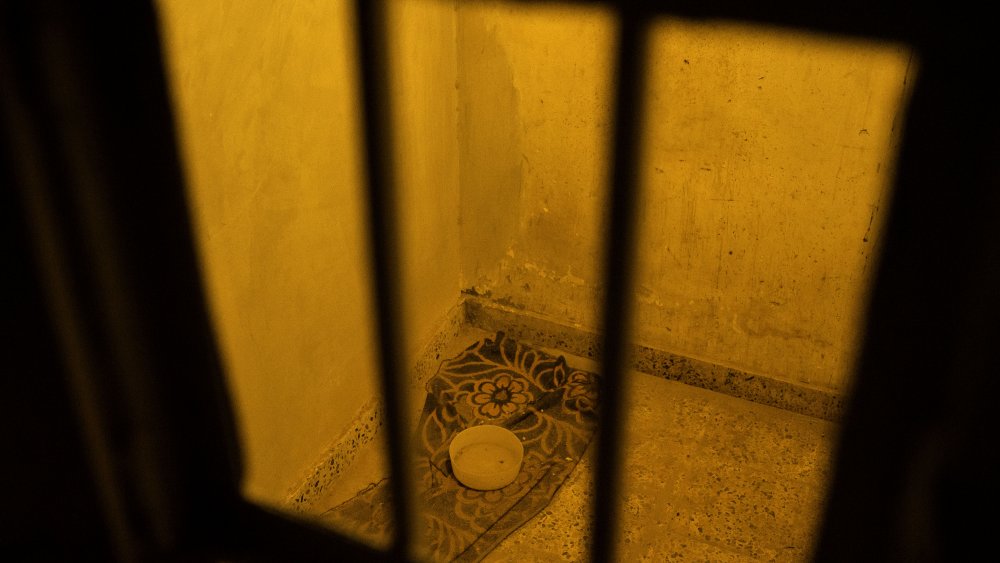
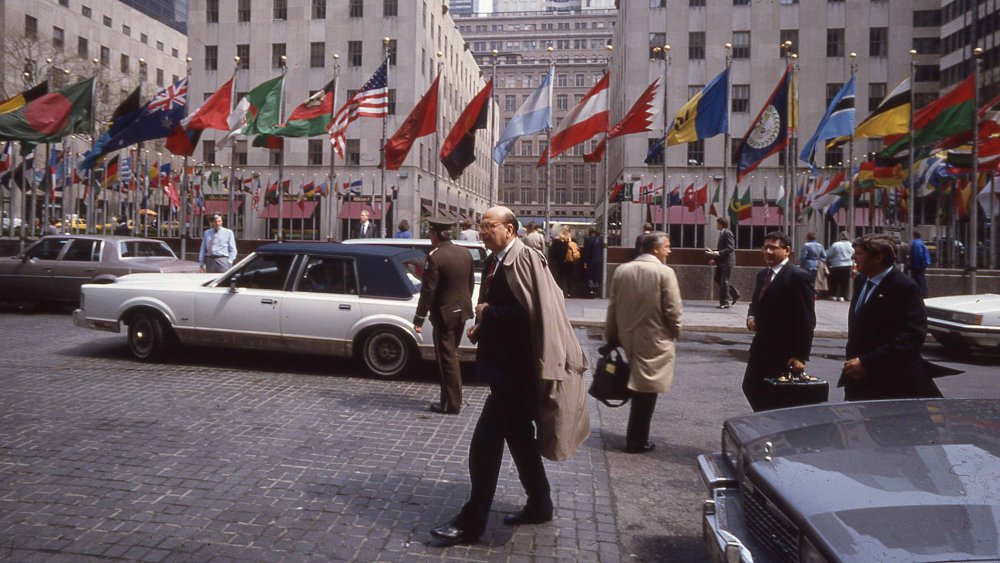
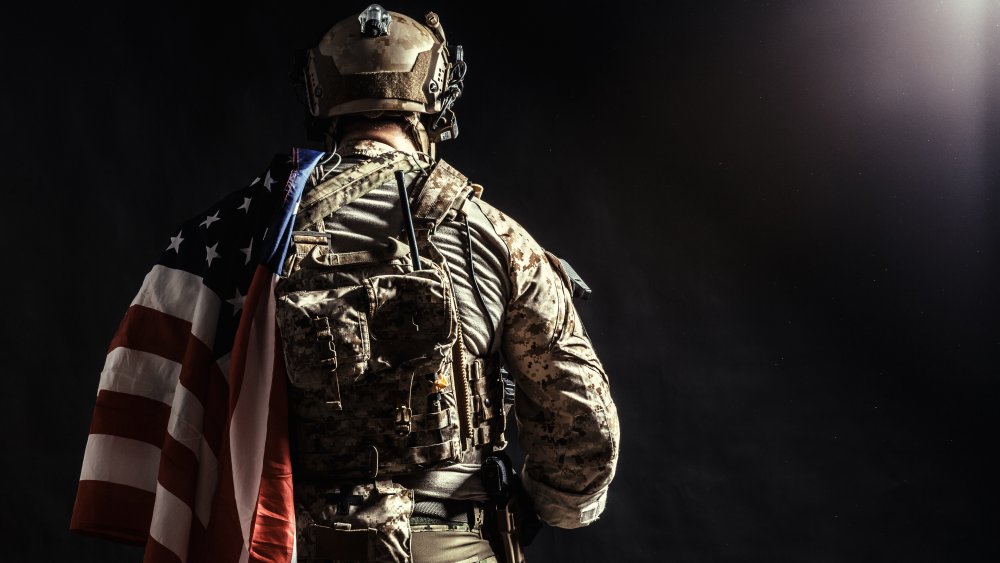
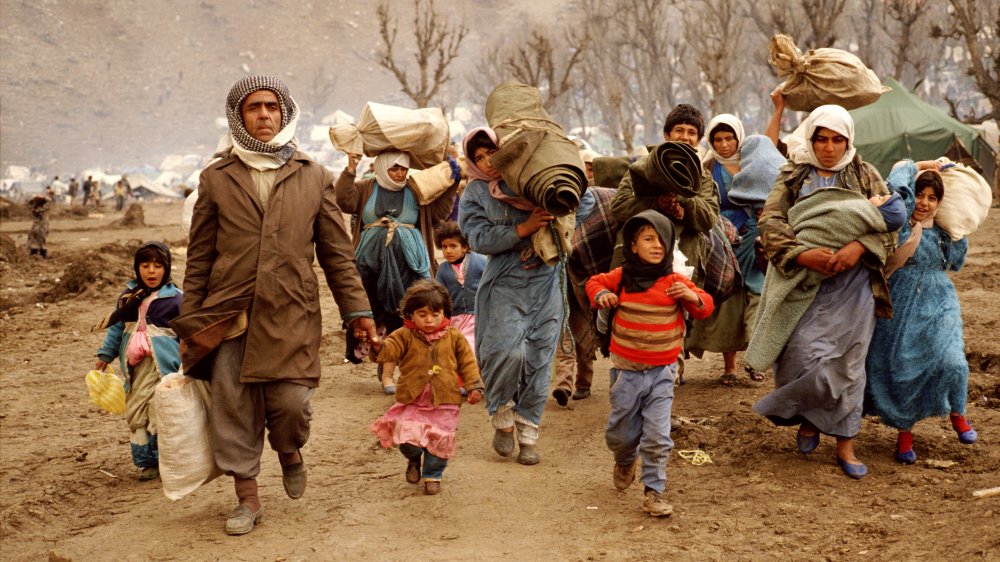
Post a Comment for "what happened to indians during kuwait iraq war"